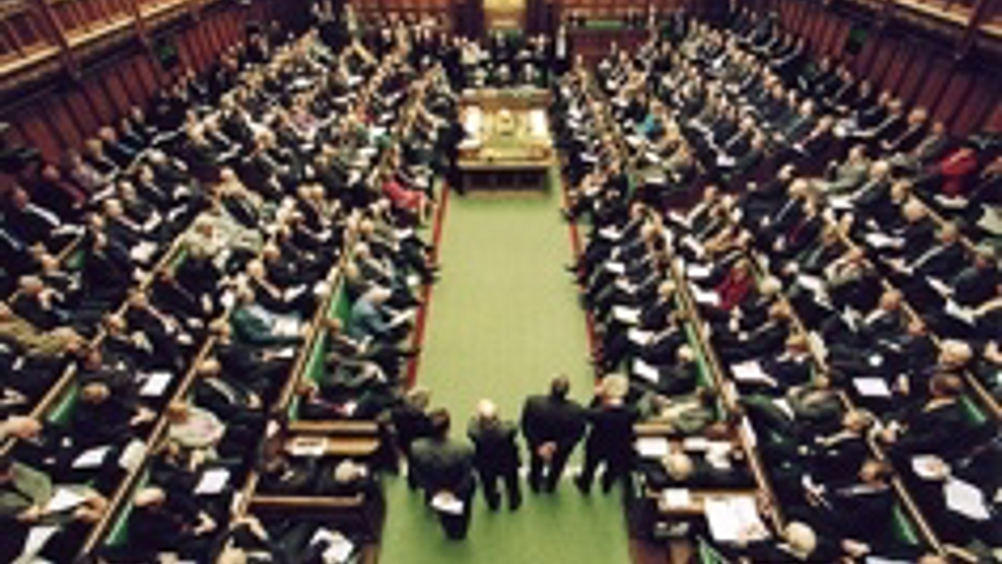To coincide with the election, PolicyNet - the network run by the Royal Academy of Engineering for people working in policy roles at all levels in engineering, science and technology - is inviting the three main political parties to put forth their party’s plans for science and engineering. First up is Adam Afriyie MP, shadow minister for Science and Innovation, who will deliver his brief today.
The Engineer has a head-start on election issues, having already sounded out Afriyie, plus the Lib Dem’s Evan Harris and Labour science minister Lord Drayson for their views which can be read by clicking here or by following the link at the bottom of the page.
Still on an election theme and news that the Conservative Party is to unveil details of its plans for apprenticeships today. The shadow skills minister John Hayes is expected to announce proposals that include moving funding from the ’Train to Gain’ scheme to ‘straightforward apprenticeships’; reducing overheads and paperwork; and offering £2,000 to small businesses to take on apprentices.
On Wednesday this week the Health & Safety Executive and Environment Agency will bring Hertfordshire Oil Storage, British Pipeline Agency, TAV Engineering, and Motherwell Control Systems 2003 to trial at St Albans Crown Court on charges eminating from the Buncefield oil depot explosion.
The explosion, which took place on 11 Dec 2005, injured 40 people and caused Europe’s biggest peacetime fire. Investigators believe the blast was caused by a tank overfilling because cut-off equipment failed. Total UK have admitted three charges and will be sentenced at the end of this trial.
This Wednesday also sees the Sensors and Instrumentation for Monitoring Cell Toxicity workshop taking place at the University of the West of England. Experts in cell technology and alternative testing technology will meet to share knowledge and listen to speakers on a range of related subjects.
‘This workshop will explore the requirements and applications of sensors and instrumentation for monitoring cell toxicity,’ said Prof Richard Luxton, director of the Institute for Bio Sensing Research. ‘Testing for cell toxicity is becoming a critical component for the testing of new cosmetics and testing industrial chemicals under the REACH (Registration, Evaluation, Authorisation and restriction of Chemicals) legislation.’











Water Sector Talent Exodus Could Cripple The Sector
Maybe if things are essential for the running of a country and we want to pay a fair price we should be running these utilities on a not for profit...